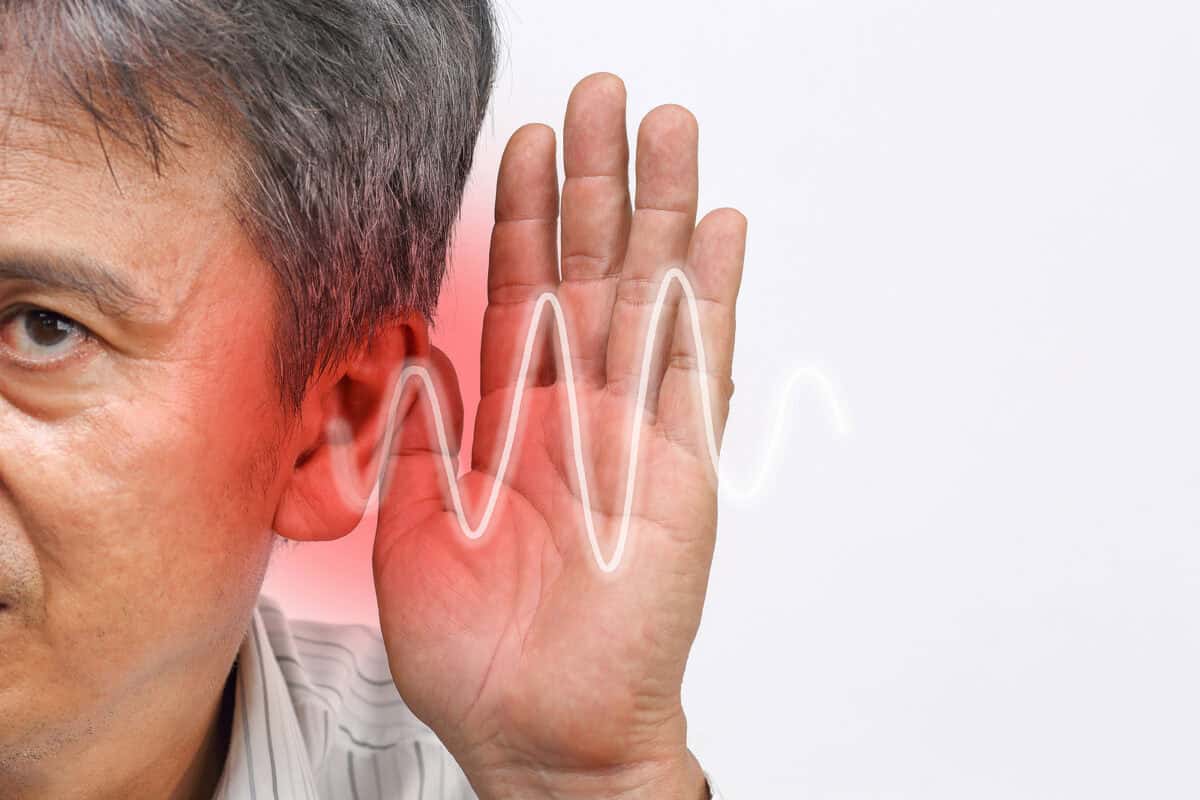Do you have to ask people to repeat themselves more often, especially in busy or noisy places? There’s a good chance that you’re already starting to lose your hearing. You may have even gone so far as to get a hearing test, which showed that you have no hearing loss. Some hearing loss is hard for an audiogram to pick up on. We call this “hidden hearing loss.”
What is Hidden Hearing Loss?
Maybe you can hear and understand what people are saying in your home or office, but it’s hard for you to hear on the street or in a noisy bar. In the same way, you might have no trouble hearing in a doctor’s office, but it might be hard for you to hear in the noisy parking lot outside.
Many people don’t realize how many people have hidden hearing loss. This is because hidden hearing isn’t so much a problem with the ears as it is with how the brain processes sound. Even though it sounds serious, this is a fairly common problem. According to the CDC, one in four people ages 20 to 69 who said their hearing was fine were later found to have hidden hearing damage.
What causes hidden hearing loss?
Scientists have worked hard to determine why and how hidden hearing loss happens. Researchers at the University of Michigan looked into what causes hearing loss that can’t be seen or heard. The study found that hearing loss can be hidden in the brain, especially in Schwann cells.
These cells make the Myelin that protects the nerve pathways between the ears and the brain. When Schwann cells can’t make the insulation Myelin, it’s hard for sound signals to get to the brain, causing hidden hearing loss. Even if the Myelin can grow back, hearing loss is often permanent.
The study also found that damage to the synapse that links cells in the inner ear to the neurons that send sound to the brain is another cause of hidden hearing loss. It only takes a few neurons to send sound to the ear in quiet places. But when there are many people around, the brain has to decide which sounds are the most important. In these situations, your brain has trouble sorting sounds because it only has so many neurons. This is another reason standard tests can’t always find hidden hearing loss.
Noise pollution and hidden hearing loss
The study found that loud noise is one of the leading causes of hearing loss that can’t be seen. There are sounds around us, many of which can be beautiful. When sounds get too loud or bothersome, this is called noise pollution. Noise pollution can be hard to escape if you live in a big city.
Dr. Gabriel Corfas, who led the study and is the director of the Kresge Hearing Research Institute at Michigan Medicine’s department of otolaryngology, says he is apprehensive about hearing children and teens exposed to noise pollution at a young age. “Our society is getting more and more used to noise, and children are getting used to loud noises at a very young age,” says Corfas. “It’s clear that being around a lot of noise could increase the number of people with hidden hearing loss.”
Treating hidden hearing loss
Learning how to listen well from a young age is essential. When young kids use headphones, it’s important to make sure they know to keep the volume at a safe level and take a break from listening. You should also bring earplugs with you everywhere you go. You never know when construction or noise will make it hard to hear.
If you think you might have hearing loss that isn’t obvious, make an appointment to have your hearing checked. We will test your hearing in quiet and loud places, so your hearing loss doesn’t go unnoticed. At the moment, hearing aids are the best way to treat hearing loss you can’t see. They will help you hear sounds that you might miss in a crowd. Set up an appointment today to get back to hearing your best and living your life to the fullest.

